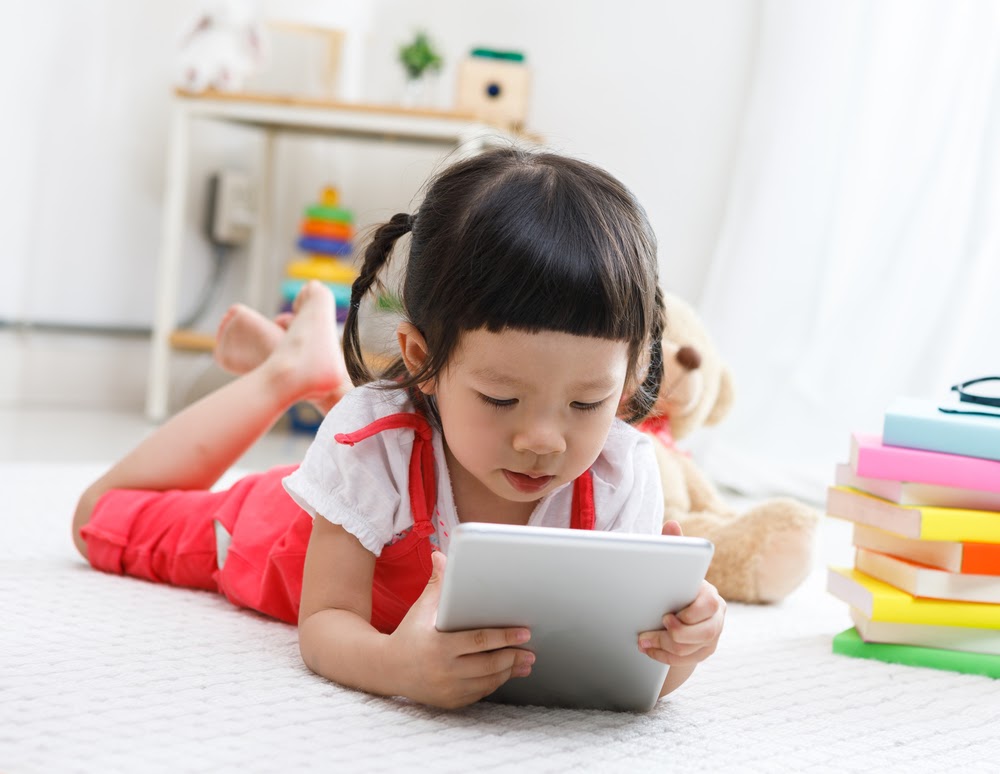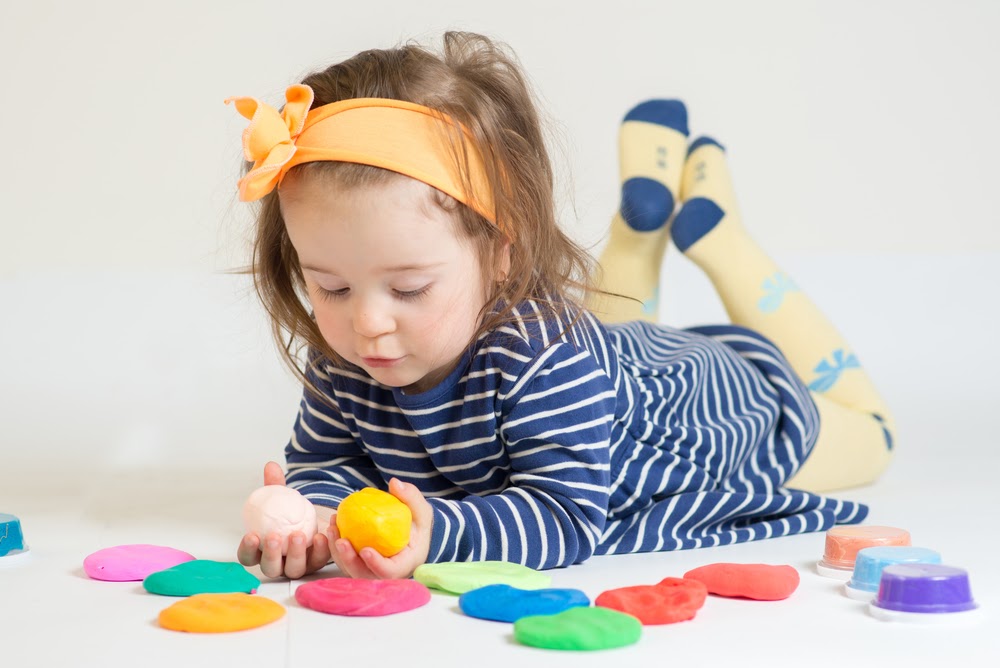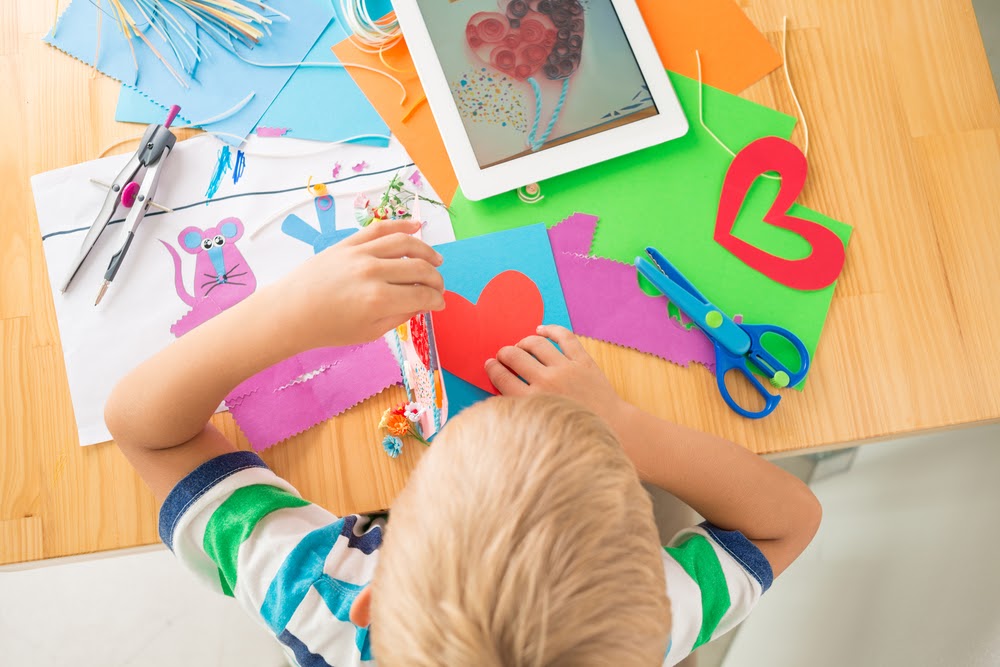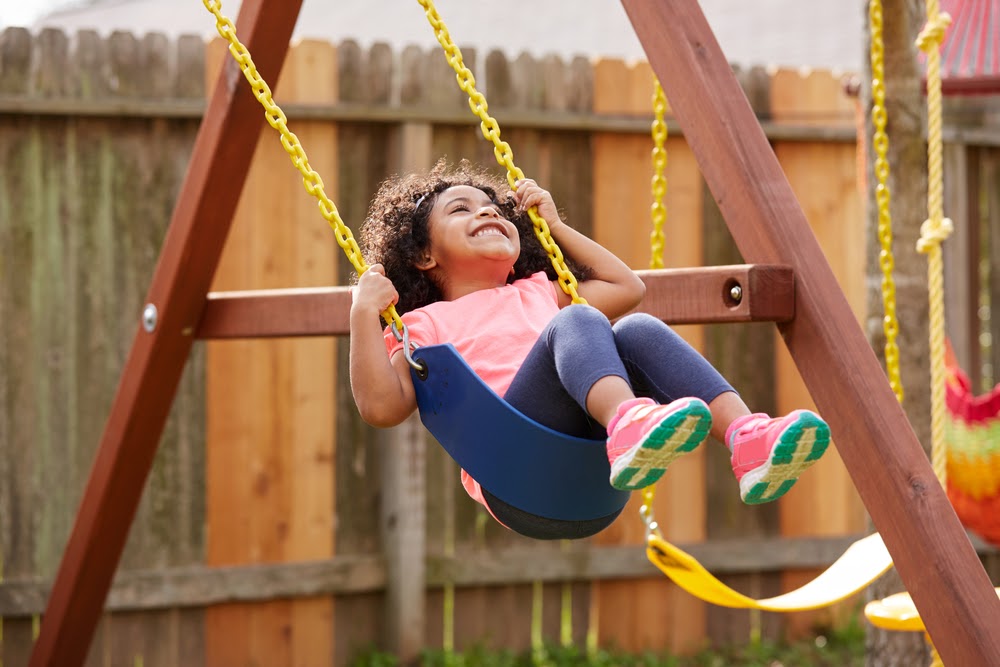
While the American Academy of Pediatrics doesn’t set precise screen time limits for older kids, the AAP does recommend limiting screen time to one hour or less each day for younger children (ages two through five). Screen time includes all screens—computers, devices and televisions.
Parents of preschoolers might be extra careful for the screen time they choose to allow their children to engage. When it comes to playing on devices, educational apps could be a better choice than silly videos…and a reading helper app is among the apps perfect for preschoolers.
Before parents hand over those devices to keep preschoolers quiet and happy, they may want to research these 10 educational apps for preschoolers.
Smart Baby Shapes!
Don’t let the name fool you…this app is perfect for children ages two and up (per the app). Shapes! helps children learn shapes, colors and sizes. The app is designed as a game, and parents can choose the level best for their child. The app helps children work on fine-motor skills and attention.
Toddler Puzzle Games for Kids
This game features different jigsaw puzzles and lets children color pictures, too. According to the app description, the puzzle game includes 96 puzzles within eight topic packs. After a child completes a puzzle, the app animates to celebrate the success.
PBS Kids
Download the PBS Kids app for a variety of different games featuring characters from PBS cartoons and shows. Games can include topics in math, science and engineering and also social skills, too (they can learn more about kindness, emotions, etc.). For kids who love art, there are also games that inspire creativity. In total, PBS Kids offers more than 100 games, and, as kids grow, they can try different games and puzzles within the app.
Sorting Puzzles for Kids
This is all about spying similarities. Children can sort according to different criteria, including shape, color and season. There are different levels of difficulties…and no ads! The app was developed with educators and child psychologists.
ABC Kids—Tracing and Phonics
For preschoolers who still need help identifying letters, this app allows children to trace their letters and help them understand the sounds of each letter. The app also includes matching games, and children can collect stickers and prizes as they complete games.
Baby Piano for Kids & Toddlers
Play songs on a virtual piano and work on hand eye coordination, too. The app features eight songs: “Jingle Bells,” “Happy Birthday,” Twinkle, Twinkle Little Star,” “Pop! Goes the Weasel,“”The Muffin Man,“”Wheels on the Bus,“”Five Little Monkeys,” and “Old MacDonald Had a Farm.” Kids don’t have to choose to play piano; they also can play flute, bells, drums, trumpet and more. This is a great app for young children who love music.
Readability
Some preschoolers are already learning how to read or are reading fluently. Precocious readers might want to keep reading or work on their skills. Readability helps children with reading fluency, phonics and comprehension. A built-in AI tutor provides correct pronunciation when children stumble and asks questions at the end of each story to gauge a child’s understanding of what they’ve read. Children advance to a harder level only when they display mastery and proficiency.
Kids Balloon Pop Language Game
This app lets users choose from nine languages. Pop the balloons and learn about shapes, numbers, colors and letters. Children can choose from five different game types: simple balloon popping, an alphabet game, a numbers game, a color game and a shape game (this requires in-app purchase).
Sight Words Learning Games
For five-year old’s about to start kindergarten, start practicing sight words with Sight Words Learning Games. There are more than 200 words to learn!
SkyView Lite
Children aren’t too young to learn about the stars and the universe. At night, the app will let you use the phone or tablet’s camera to show the stars in the sky; the app will then reveal the constellations and details about those stars. The app also shows satellites, too! This is a great science app for children who are curious about their world and the universe.
Other Ways to Keep Preschoolers Entertained Beyond the Screen
Passing a phone or device over to a preschooler to let them play is easy, and, as many parents know, that device may help a fussy or hungry preschooler stay content and quiet in a busy story or restaurant. Technology might be the emergency default, but at home where the entertainment options are plentiful, boredom can be alleviated with a bit of creativity.
Children might love those screens. They may love to watch videos, play games or listen to music. Devices are fun. Screens are animated—literally. There is visual, auditory and maybe even some sensory stimulation. However, when the advice of medical experts limits screen time to one hour each day, parents might have to pick and choose when those screens come out of hiding.
When kids are clamoring for screen time, when they are bored, maybe getting on each other’s nerves and perhaps even driving parents crazy, there are other options than a device. And play is an important part of learning. Here are 10 easy entertainment solutions for bored and fussy toddlers who might still be stuck at home:

Create a Sculpture
Warning: this can get messy! Homemade dough or even store bought dough, clay or other molding substance can let kids get creative. Grab dough in different colors and give kids cookie cutters to create shapes, designs and characters. Or just let kids mold what they want.
Some molding substances can get into carpets or rugs. Be careful where a child plays with messy dough.
Color a Picture
Get artistic. Every household may have a tin or box of crayons and markers for a spur-of-the-moment art fest. When kids are bored, grab some paper or coloring books and bring out the crayons or other art supplies. Let them draw or make pictures with stickers.

Craft it Up
Encourage kids to make something unique with different supplies. Parents or guardians might have their own unique stash of craft items that could include fabric, beads, feathers, and more. Just beware of any crafty item that could be a choking hazard (like foam letters, beads, etc.).
Build a Fun Fort
Let kids explore their imagination with a fun fort. This is easy to make using two chairs with a blanket thrown over the top. Or create a pillow fort. Even a small tent can be the home of a unique adventure. Grab some flashlights too. And maybe a few stuffed animal friends.

Get Moving Outside
If it’s a nice day outside, go outdoors. Take kids for a walk or encourage them to just play games outside. Grab some hula hoops, balls, bubbles or whatever outdoor toys they love. Physical activity is important for good health.
Read a Book
When kids are bored, encourage them to practice reading. They may have a few easy books that they can read, or encourage them to look at picture books. Parents may also use audio books to read to kids (if parents are busy).
Host an Indoor Olympics
If it’s raining or dreary outdoors, host a fun family Olympics event indoors. Create fun contests that kids (and parents) can do inside…safely. Have three-legged races across the living room, hula hoop competitions or something silly. Make it fun and get creative. Think about each child’s strengths, too, when choosing events.

Dance
Turn on the music and…dance! Dancing is great exercise and it’s fun. Choose some kid-friendly tunes and get moving. You might even host a dance competition.
Build Something
Whether kids have blocks or building bricks, use those building materials to encourage creativity and have children build something new and unique. Or maybe parents come up with a building project.
Spring Cleaning
No matter what the season, the house can always use a bit of cleaning. Have kids help with simple tasks like sorting clean laundry or just picking up their room. Yes, parents can make a game of cleaning. However, keep tasks appropriate for a child’s age and abilities.
When parents are out on errands with preschoolers, giving them a phone or tablet might be an easy solution to keep them entertained. Preschoolers and younger kids, though, should only have an hour a day of screen time per the American Academy of Pediatrics. With screen time limited, parents might wish to choose apps that are educational but structured like a game; while kids can enjoy playing on the app, they are also learning about shapes, letters, numbers or colors. At home, boredom and frustration can be alleviated with fun activities like coloring, playing outdoors, building a fort, dancing, and more.
While many educational games and apps are free, some that focus on more structured learning like Readability may require a subscription. Before committing to a reading app or any subscription-based learning app, parents may wish to inquire about a free trial period to better understand the features and benefits.
Readability offers a seven-day free trial period. Sign up today!

 Español
Español